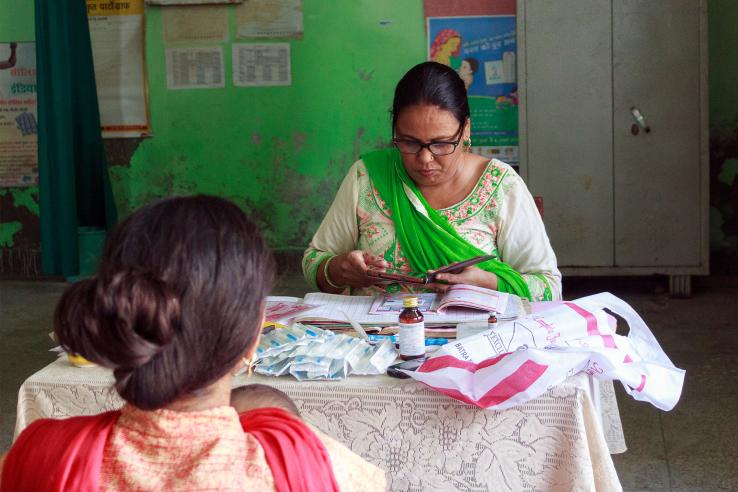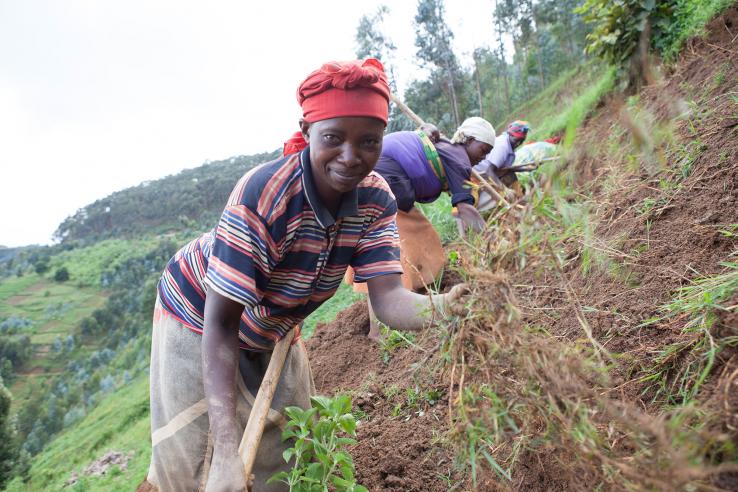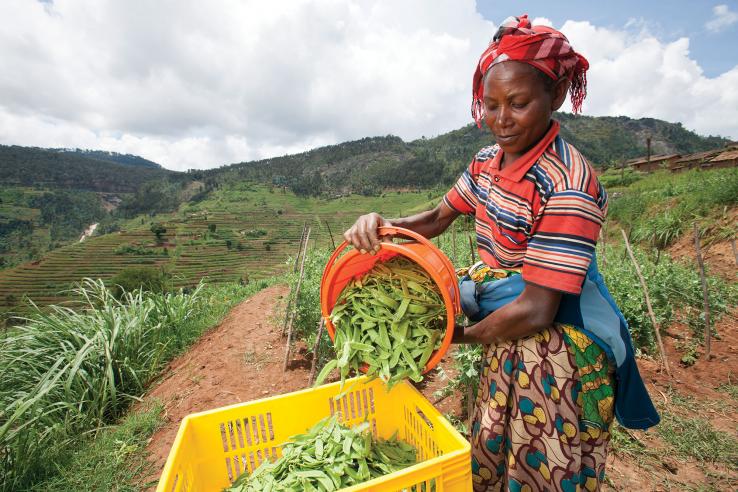Displaying 1171 - 1185 of 7729
Event
This two-day colloquium will focus on how innovation and scientific evidence are driving advances in the fight against poverty.
Evaluation
Researchers evaluated the impact of providing teachers with access to high-quality online lessons and implementation support on student achievement in mathematics. Providing teachers with access to the lessons, reminders, and implementation support significantly increased student achievement.
Blog
A recap of the January 15, 2023 Global Evidence for Egypt conference co-hosted by J-PAL MENA at AUC and UNICEF Egypt that sought to identify opportunities for evidence to inform poverty reduction efforts in Egypt.
Event
Apesar do aumento de evidências e dados disponíveis para apoiar as decisões de políticas públicas, ainda há muito o que fazer para apoiar os governos para melhorar o desenho e a implementação de programas sociais. É por isso que construir uma cultura de tomada de decisão baseada em evidências é...
Update
J-PAL updates
Announcing J-PAL's recruitment drive, a new grant for governance, crime, and conflict research, and more in this month's newsletter.
Update
J-PAL updates
In the first newsletter of 2018, J-PAL South Asia looks back on ten years of research and policy as the organization at large looks forward to a new executive director and affiliated professors.
Update
J-PAL updates
How does J-PAL support governments in using evidence to drive innovation and increase effectiveness? Find out how and read more stories in our newsletter.
Update
J-PAL updates
In the March 2018 newsletter, J-PAL announces the new Gender sector, shares videos from classrooms implementing an evidence-backed pedagogical approach in Zambia, and more.
Update
J-PAL updates
J-PAL North America’s new policy Briefcase summarizes evidence from randomized evaluations of summer youth employment programs in the United States, J-PAL welcomes four new affiliates, and more in...
Update
J-PAL updates
J-PAL announces new library of Policy Insights, a partnership to expand access to higher education for refugees, and more
Person
Lawrence F. Katz is the Elisabeth Allison Professor of Economics at Harvard University and a Research Associate of the National Bureau of Economic Research. His research focuses on issues in labor economics and the economics of social problems.
Update
J-PAL updates
J-PAL's new publication reviews evidence on reducing adolescent pregnancy, a MicroMasters student shares his experience, and more in this month's newsletter.
Update
J-PAL updates
Explore new research resources on measuring women's and girls' empowerment and understanding statistical power, get to know affiliate Adam Osman's work in MENA, and more.
Update
J-PAL updates
Learn about J-PAL's new Firms sector, explore research on reducing on increasing school participation by lowering costs, enroll in the MicroMasters in Data, Economics, and Development Policy courses, and more.











